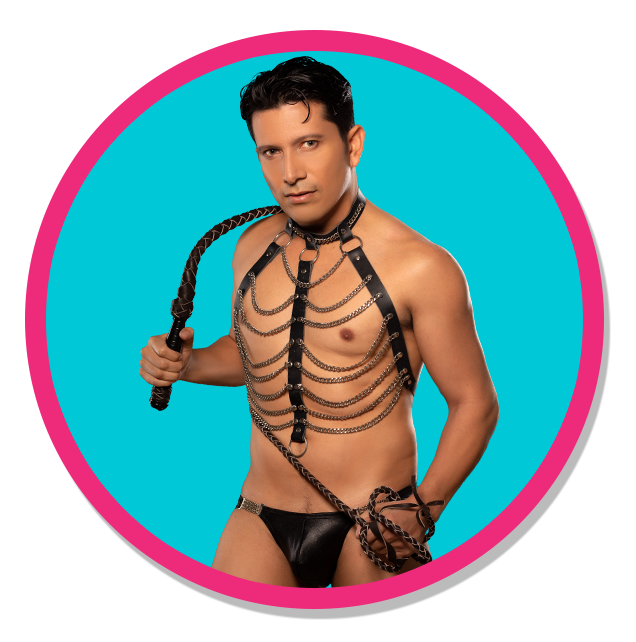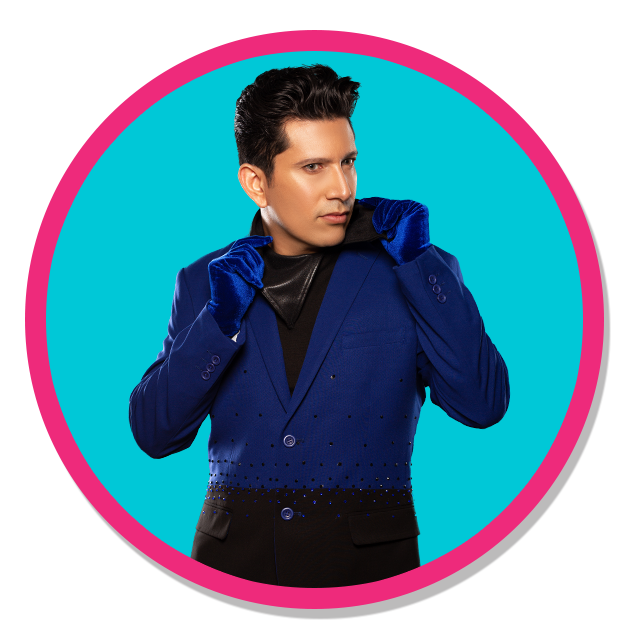
GAY HEALTH: OPENING UP THE CONVERSATION ABOUT SEX, CONDOMS AND CHOICE
If we want to promote sexual health, we need to help people understand their HIV prevention options, not judge their choices.
Nearly 40 years into the HIV epidemic we are now at a point in the HIV response where, for some gay, bisexual and transgender men, having sex without a condom is a choice they can make without concern about HIV infection.
Condoms have been the primary prevention tool since the start of the epidemic. A whole generation of men have grown up with the understanding that condoms are vital for the prevention of HIV and other STIs.
As an organization promoting sexual health and working to prevent HIV and STIs, we know the continuing importance of condoms. They are the only tool we currently have that prevent HIV, many other STIs, and pregnancy all at the same time. We also know that providing options and choice, and valuing trust and sexual pleasure, are all vital if we are to improve HIV prevention efforts. They are also vital to ensure that those living with HIV, and without, do so with freedom.
All of us have different attitudes and realities related to sex, relationships, and risk. To realize our sexual health these need to be understood, not judged. That has always been the case. However, the HIV prevention choices available to gay and bisexual men have changed and expanded. It is a scientifically proven fact that men (and women) already living with HIV who are on effective antiretroviral treatment, with an undetectable viral load, cannot pass on HIV through sex.
It is also scientifically proven that men who know they are negative and take pre-exposure prophylaxis (PrEP) correctly and consistently have full protection against HIV infection.
It has taken a long time for us to reach this point.
But progress on eliminating stigma and self-stigma around HIV, sex and sexuality, remains slow and is constraining the opportunities these scientific advances provide for sexual health and sexual choices. The stigma around condomless sex, in particular, is having a profound and detrimental effect on sexual health behaviours, attitudes to sexual risk, and on wider mental health.
Condomless sex in the gay, bisexual and transgender community is widely demonized, regardless of the situation or motivations of individuals, in a way that it is not when it relates to the wider population. This has reinforced stigma and self-stigma, and has worked against any idea of the value of sexual pleasure and intimacy, with its own impacts on self-identity and self-worth.
Institutional stigma is also reinforcing this – in the UK, for example, while the contraceptive pill is available through the National Health Service (NHS), there have been ongoing battles to get PrEP made available in the same way. Both are prevention tools and tools that open up sexual choices.
Sex is all about trust, communication, and confidence, so it’s important gay, bisexual and transgender men feel able to talk openly about their sexual health wants and needs and not feel judged for it. Open communication is a key part of better sexual health.
That’s why we want to start this conversation to help people understand their choices. Condoms continue to play a vital part in the HIV response – as does knowing your status, making a choice around PrEP, understanding the risks of other STIs and how to prevent them, and taking treatment to suppress your viral load if you’re HIV-positive.
We all need to understand our options so we can keep ourselves and our partners healthy.












